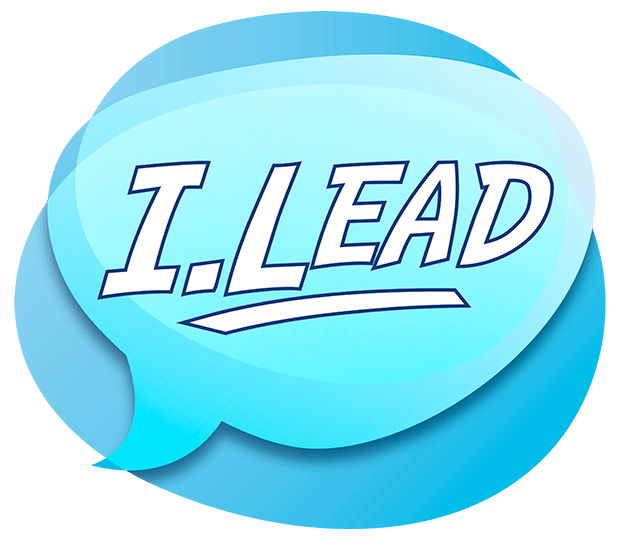Hey everyone, my name is Jaden and I am the deputy chair of the I.Lead National Committee. Mental Health is a critical issue, yet discussions are overlooked within disabled people. With 24 percent of New Zealand’s population identifying as disabled, it’s clear that we need to address the unique barriers that prevent access to Mental Health support.
Disabled people experience mental health struggles just like anybody else but systematic failures often leave us behind, here are three actionable Reccomendations that can makke a real difference.
Number One: Prioritize training and ongoing professional development, Mental Health professionals must be equipped with the knowledge and tool to understand and support disable clients. This begins with prioritized training and ongoing professional development in disability awareness and making treatment accessible, it’s about breaking down barriers, assumptions and biases so that disabled people can access care that’s inclusive and effective.
Number Two: Higher mental health professionals with lived experience, representation matters, especially when it comes to mental health. By hiring mental health professionals who have lived experience with disability and mental health challenges, we can foster a deeper sense of trust and understanding and connection. This representation ensures that disabled clients see themselves reflected in the support systems they critically rely on.
Number Three: Lunch, a nationwide campaign featuring young disabled people. We need a campaign that goes beyond words, one that showcases stories, needs and resilience of young disabled people. By centring young voices, this campaign can shift societal perceptions, reduce stigma and highlight the unique challenges and triumphs faced by disabled youth. It’s not just about visibility; it’s about creating a platform for connection, understanding and advocacy. These steps can create significant change. Let’s work together to make mental health for disabled people a priority, Thank You.

Recommendation #1
Training and ongoing professional development
The attendees all agreed that training for mental health professionals was vital. Ongoing professional development for mental health workers to understand young people’s worldviews is essential to ensuring they feel connected and supported.
Roadblocks: Funding to develop ongoing professionals was considered a significant barrier to its implementation.
Enablers:
These are those who are willing to support with their voices the development of programmes that give mental health workers insights into their lived experience. Adding a specific disability module to all training would be beneficial in bringing this recommendation to life.
Recommendation #2
Hire people with lived experience of disability and mental health and wellbeing concerns.
The lived experience of disability is essential for young people to feel represented. Targeted funding to support people with disabilities to train and be part of the mental health sector is a key supporting recommendation.
Roadblocks:
Ongoing support is required for people with lived experience to train within the mental health sector.
Enablers:
People with disabilities are more likely to experience mental health setbacks within their lifetime. This means they are more likely to want to experience services that truly represent their life and worldview. Use this negative and turn it into a positive.
Recommendation #3
A nationwide campaign using young people with disabilities.
Nothing about us without us. Showcase our experiences and worldview.
Roadblocks:
Supporting young people to talk about their mental health struggles publicly.
Enablers: The passion in the youth disabilities sector to make change for the better within the mental health system.
